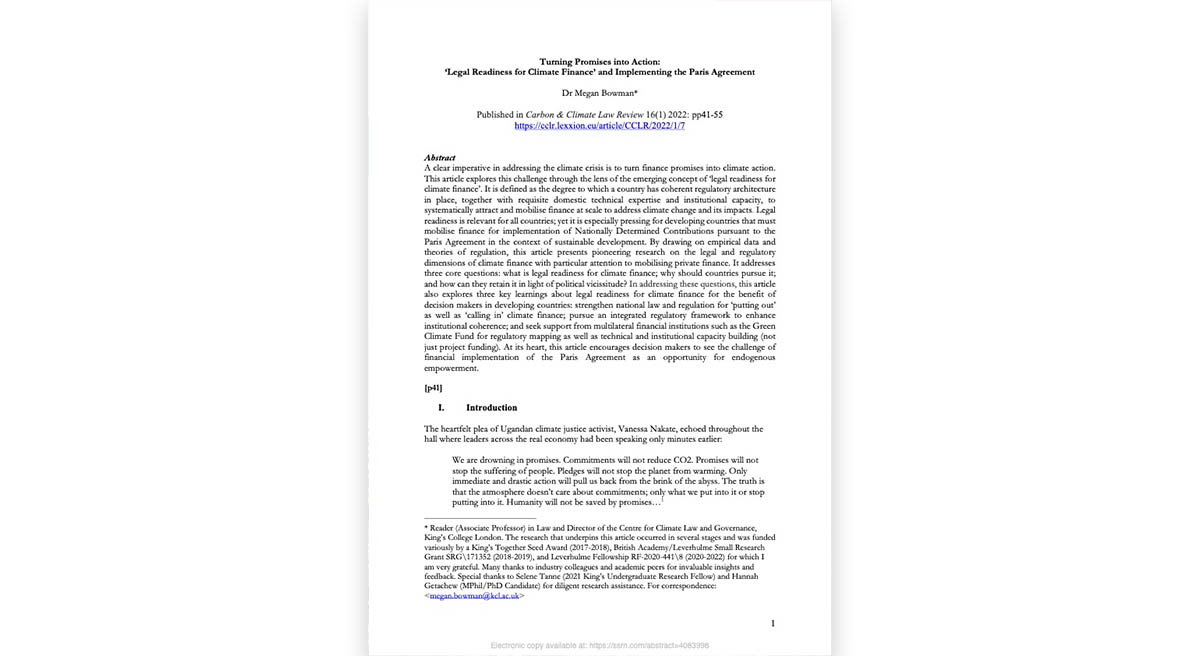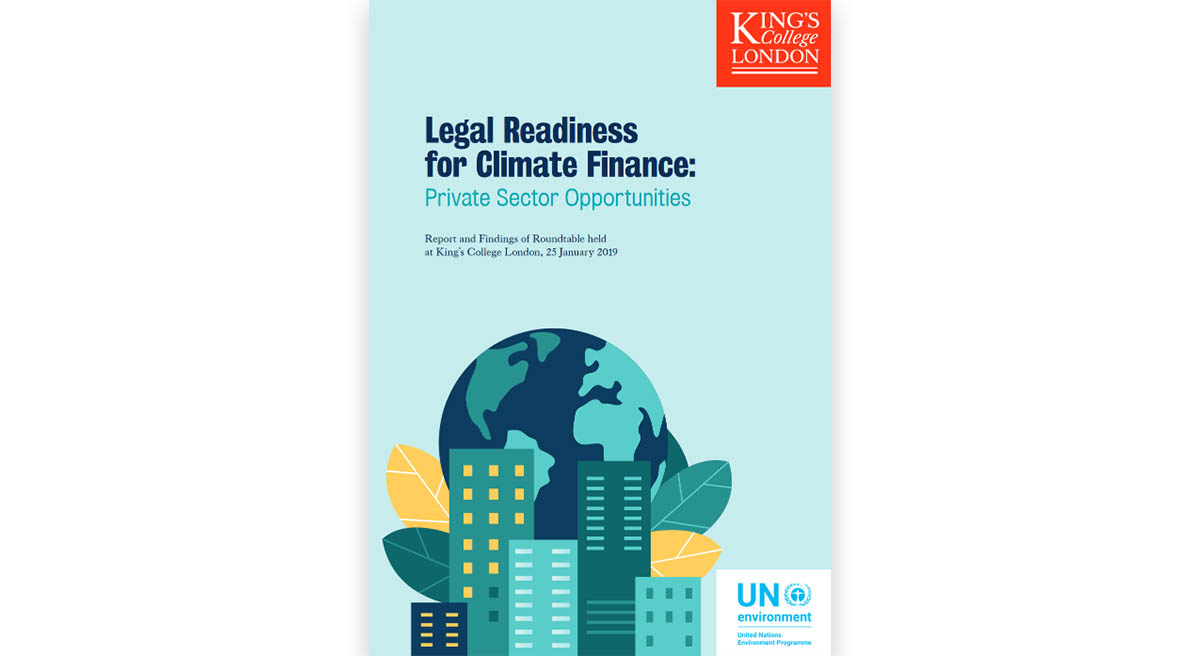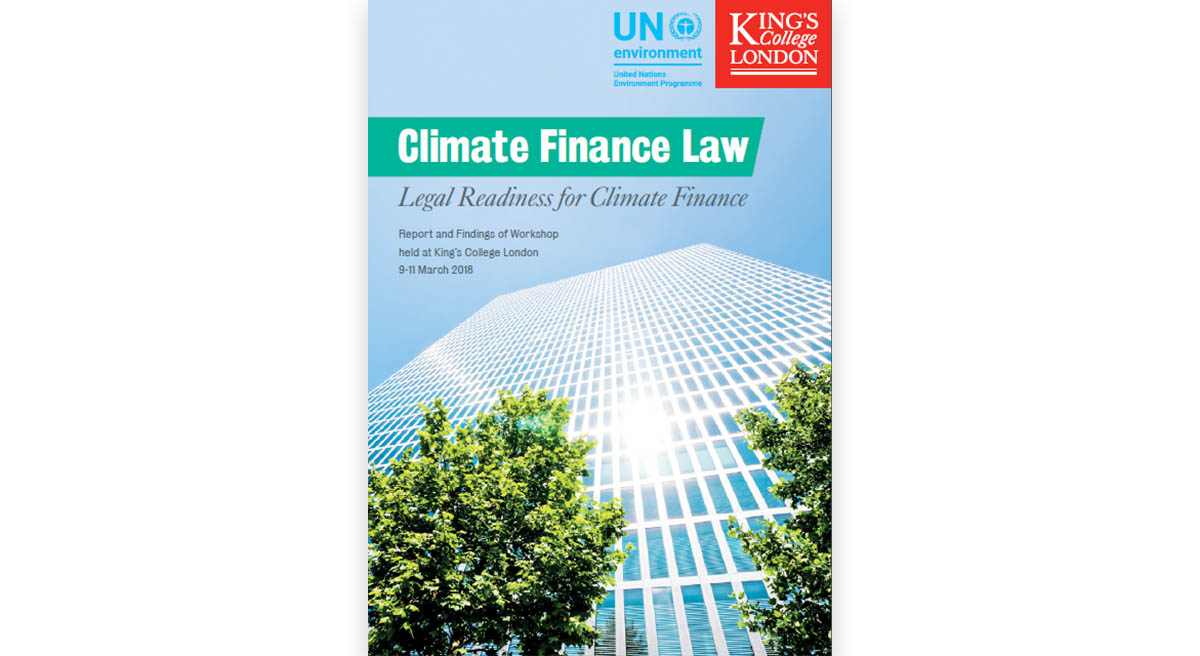The Parties to the Paris Agreement have made ambitious commitments to combat climate change - both in terms of greenhouse gas emissions and climate resilience targets as well as financial targets.
In their Nationally Determined Contributions, most developing countries have made their commitments conditional on receiving international financial support.
Developed countries and international organisations, in turn, have responded by offering various types of capacity development support. However, not enough attention has been paid to assessing the legal frameworks of the developing countries to identify legal barriers and opportunities for legal modernisation to optimise options for climate finance to fund their Nationally Determined Contributions.
This article highlights some of the legal barriers faced by developing countries in optimizing their options for funding their nationally determined contributions and showcases examples from the Lao People's Democratic Republic and the Republic of Fiji, where the countries have embarked on legal modernization to attract more international climate finance.
Authors:

Christina Pak
Principal Counsel and Team Leader,
Law and Policy Reform,
Asian Development Bank

Takako Morita
Principal Counsel,
Asian Development Bank
Authors:

Christina Pak
Principal Counsel and Team Leader,
Law and Policy Reform,
Asian Development Bank

Takako Morita
Principal Safeguards Specialist,
Asian Development Bank
Knowledge Resources
View allTurning Promises into Action: ‘Legal Readiness for Climate Finance’ and Implementing the Paris Agreement
A clear imperative in addressing the climate crisis is to turn finance promises into climate action. This article explores this challenge through the lens of the emerging concept of ‘legal readiness for climate finance’. It is defined as the degree to which a country has coherent regulatory architecture in place, together with requisite domestic technical expertise and institutional capacity, to systematically attract and mobilise finance at scale to address climate change and its impacts.
Read MoreLegal Readiness for Climate Finance: Private Sector Opportunities - Report and Findings of Roundtable held at King’s College London
This report summarises the agenda and findings of the Legal Readiness for Climate Finance: Private Sector Opportunities round-table co-convened by King’s College London, UN Environment, and Legal Response International.
Read MoreClimate Finance Law: Legal Readiness for Climate Finance
This report summarizes the findings of the workshop Climate Finance Law: Legal Readiness for Climate Finance co-convened by King’s College London and UN Environment.
Read More

